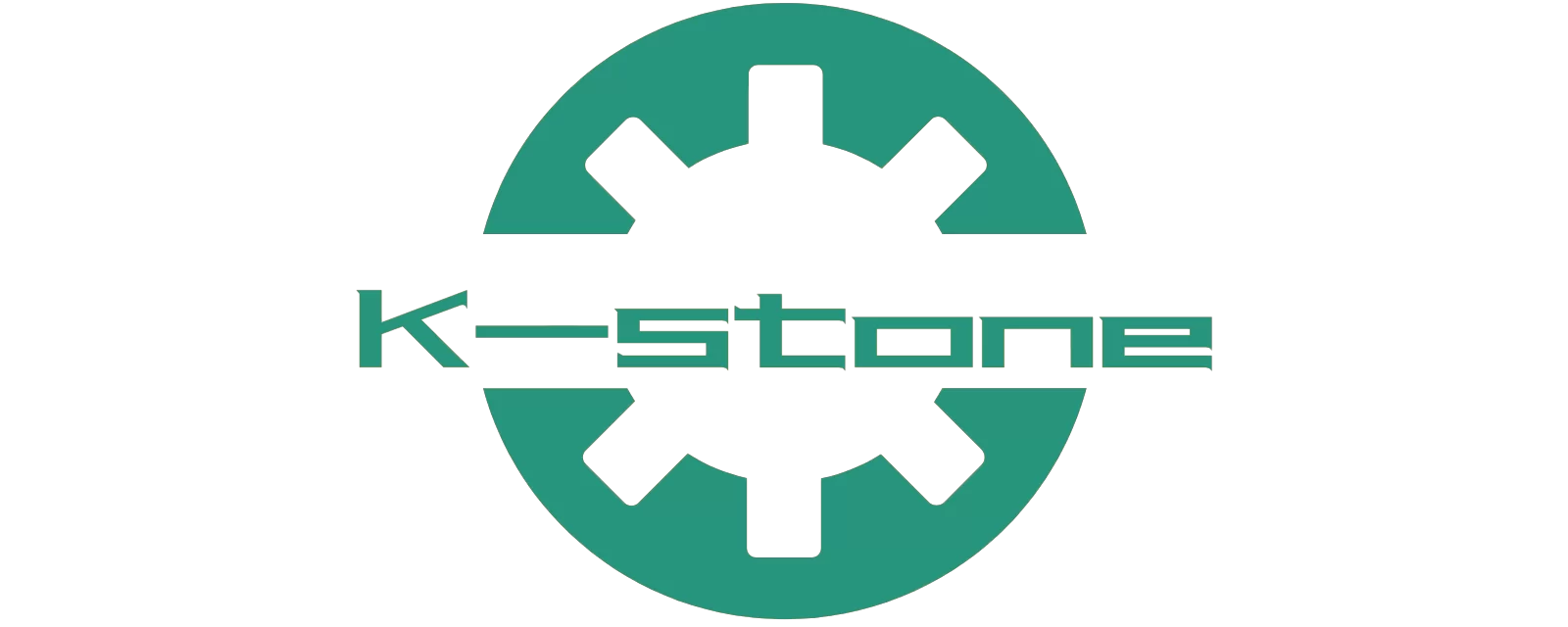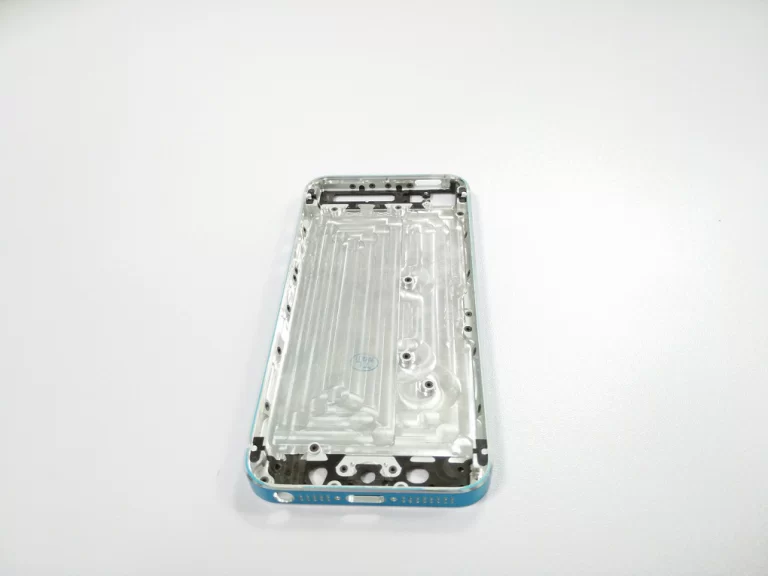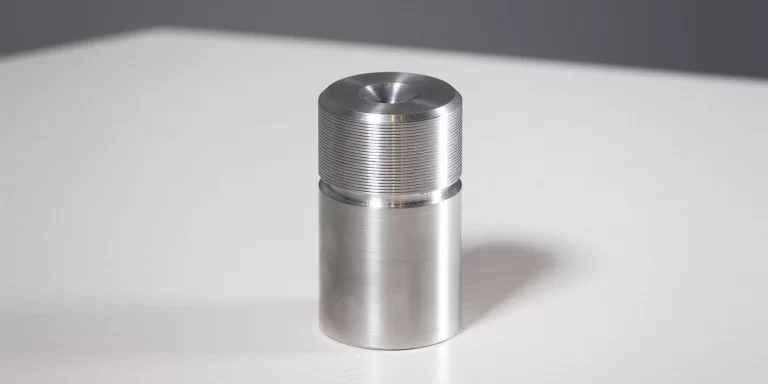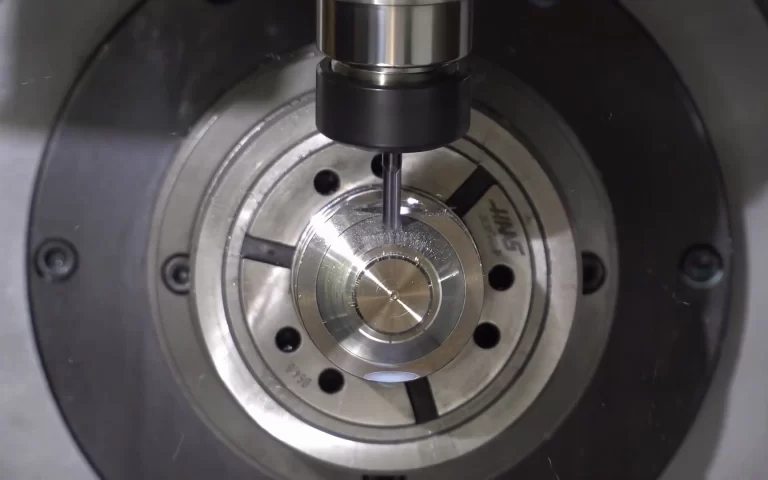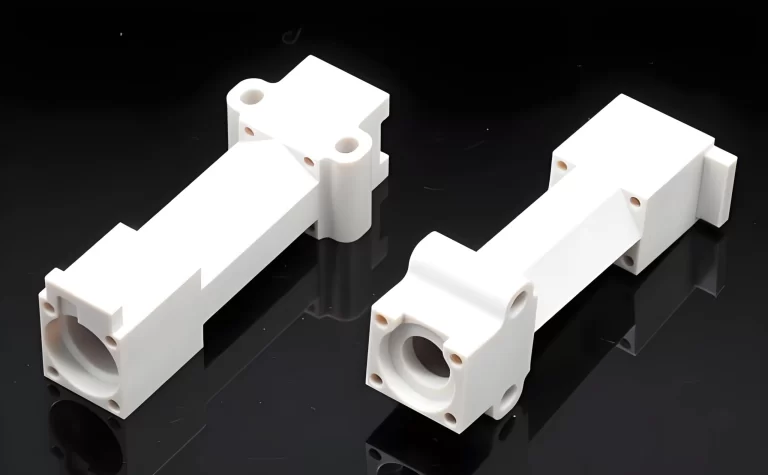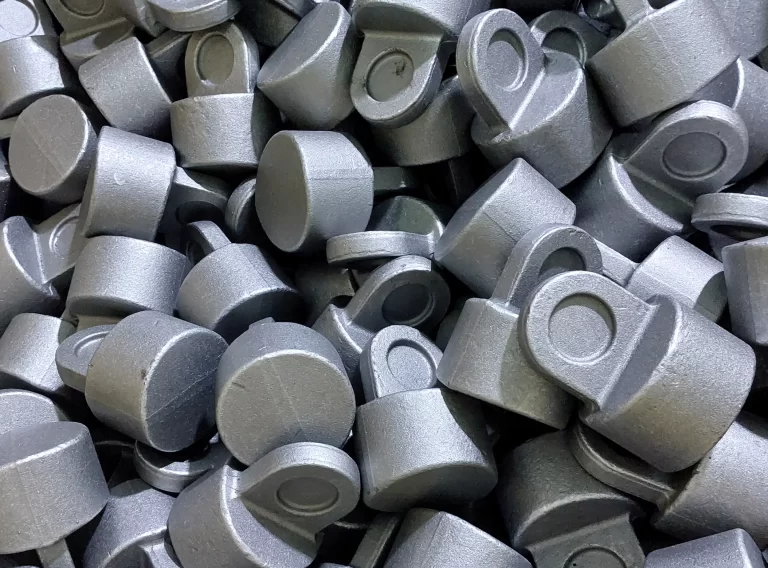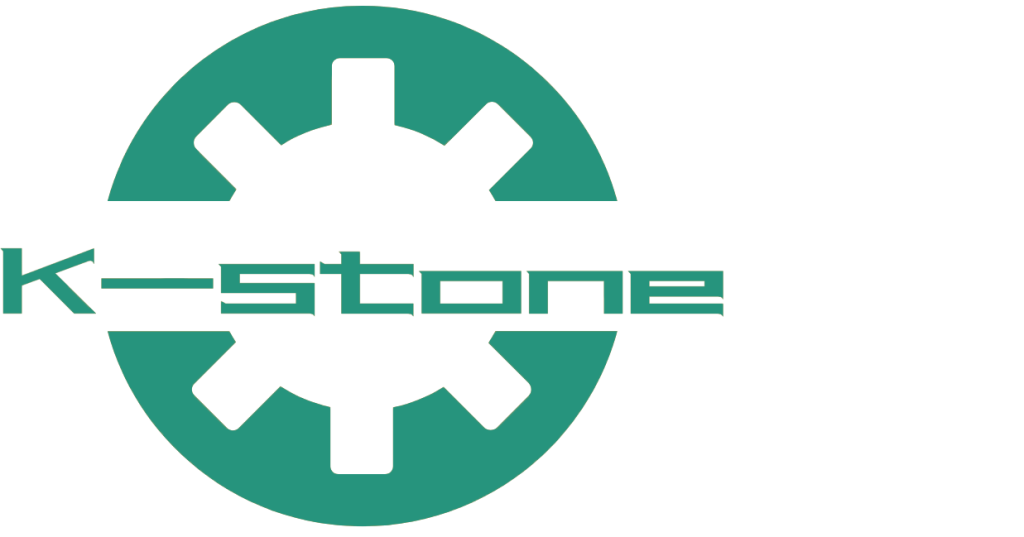Nickel powder transforms sintered metal and metal injection molding. It provides strength, precision and durability to countless industries. From automotive to aerospace, this versatile material shines. Let’s uncover the reasons why it is so important.
Chemical Composition of Nickel Powder
| Element | Ni | C | S | Fe | O |
|---|---|---|---|---|---|
| Percentage (%) | 99.5 Min. | 0.05 Max. | 0.005 Max. | 0.10 Max. | 0.15 Max. |
Advantages
Nickel fights rust in tough conditions, perfect for marine and chemical parts.
It creates tough components like gears, handling stress with ease.
Nickel molds smoothly, avoiding cracks in complex sintering designs.
It stays strong in heat, ideal for aerospace and engine parts.
Nickel’s magnetism fits electronics, powering sensors and more.
It enhances other metals cheaply, offering flexibility in manufacturing.
What We Do
Applications
- Automotive: It builds reliable gears, engine parts, and fuel systems.
- Aerospace: Nickel powder crafts heat-resistant turbine blades and supports.
- Electronics: It shapes precise connectors and magnetic sensors.
- Medical: Its safety suits tools and implants for healthcare.
- Energy: Nickel powder improves batteries and fuel cells.
Standards for Nickel Powder
- ASTM B330: Defines its quality for powder metallurgy.
- ISO 4497: Controls particle size for smooth sintering and MIM.
- MPIF Standard 35: Sets benchmarks for top-grade Nickel powder.
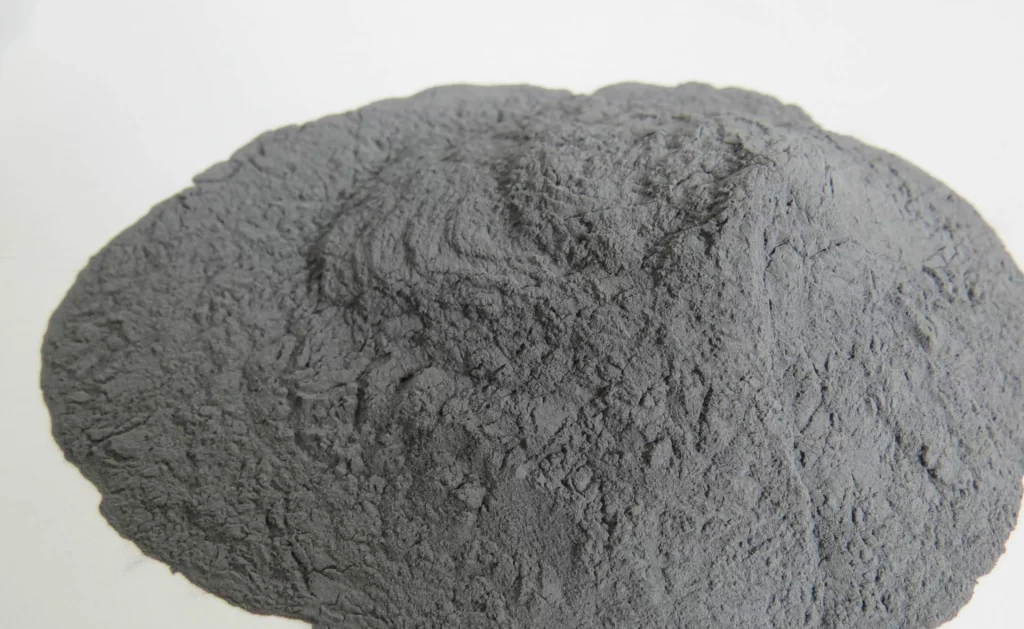
Nickel Powder in Sintered Metal and MIM
Sintered metal uses heat to fuse it into strong parts.MIM mixes it with adhesives, molds it, and then sinter it into detailed shapes. Both processes require the strength and flexibility of nickel. This drives cutting-edge manufacturing technology.
- Phone: 0086 – 577 – 8551 1172
- E-mail: [email protected]
We just need a couple of hours!
Send us a message if you have any questions or request a quote. Our experts will give you a reply within 24 hours and help you select the right product you need.
